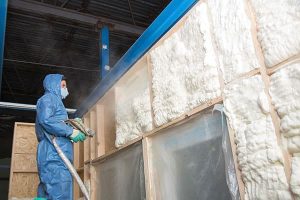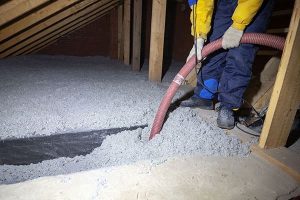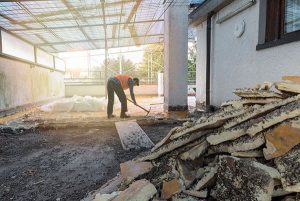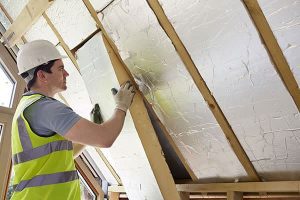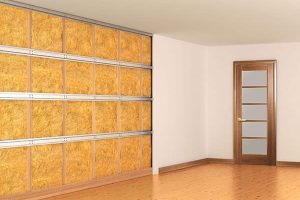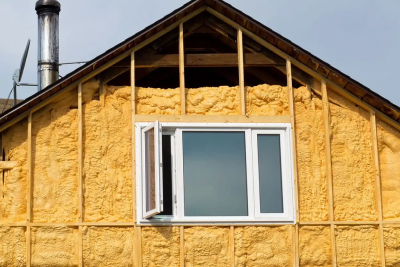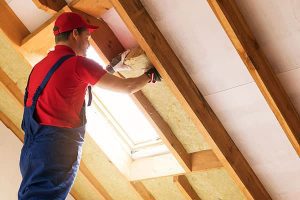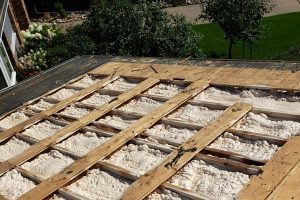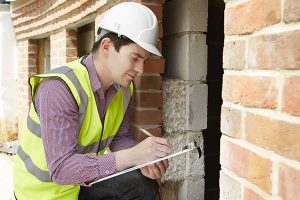Fireproofing insulation is important for both commercial and residential properties. The right installation can help your structure meet bylaws for thermal efficiency and fire resistance. Fireproofing is often applied during insulation work. Many common insulation materials aren’t fireproof on their own and must be specially treated with coatings and additives to achieve proper fire resistance ratings.
Fireproofing can be applied during spray foam insulation installs. Professional installers will know how much fireproofing material to apply depending on the application and the underlying material. Many bylaws govern fireproofing and can change which materials are used and how they are applied. It’s important to work with experienced installers who know all applicable bylaws and have the experience and training to deliver first-rate results.
Proinsulate has completed thousands of installations all around the Edmonton area. We work with commercial and residential customers to deliver quality insulation and fireproofing results. Installing fireproofing can be complicated with many different products and techniques to choose from. Some of these can be the wrong choice for your application. Our installers have the right training and experience to understand all the choices, and can recommend the best fireproofing materials for your particular job. Fireproofing should be installed by trained professionals who understand how to deliver a quality product while complying with all construction bylaws and regulations. Contact us for a professional assessment of your project so we can help you meet your fireproofing goals.
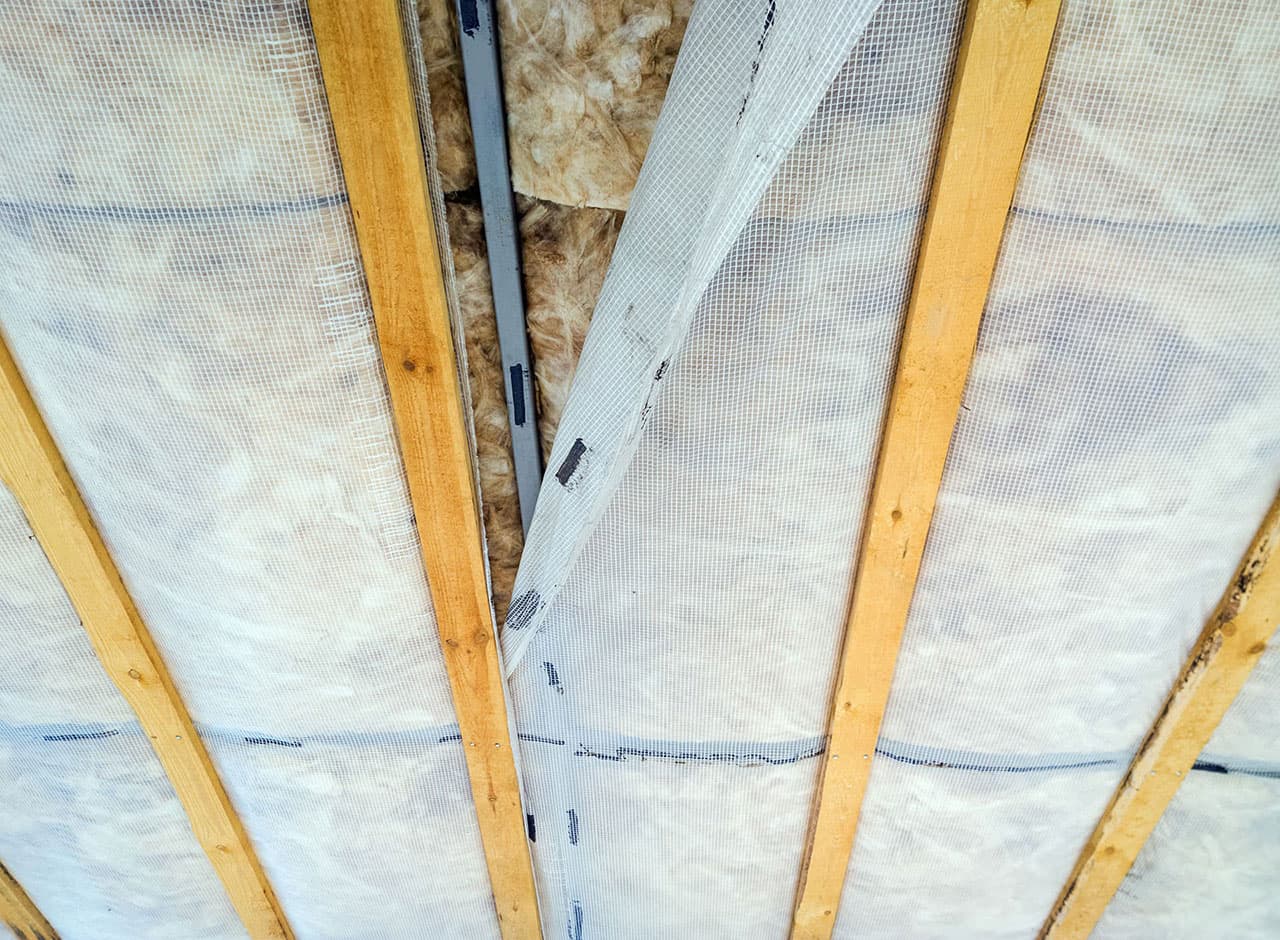
The Right Fireproofing for Your Project
Every fireproofing job is unique and can need different materials or techniques. Fireproofing for residential buildings may not meet the demands of commercial construction. Construction materials can differ between commercial and residential properties and can vary depending on the age of the structure. Older construction may need special fireproofing to stay up-to-date with modern fire resistance bylaws and best practices.
For example, older buildings may not be constructed with modern fire-resistant materials. These structures will require different materials and techniques to meet current fire-resistance standards. Older construction may have irregular gaps that make it difficult to use panel-based fireproofing insulation. Over the years, new additions and structural changes can make it harder to properly apply common fireproofing materials and coatings. Spray-on fireproofing can help these buildings achieve higher fire resistance and can conform to framing irregularities and combinations of building materials with different levels of fire protection.
Professional fireproofing installers understand the benefits and limits of different materials and know how to select the best one for each job. DIY attempts to install fireproofing can lead to mistakes which can lower the fire resistance of the final work. Residential and commercial buildings have different fire-resistance needs, and trained professionals can recommend the best solution for any type or age of the building. Schedule a professional assessment to find the right fireproofing treatment for your building.
Fireproof Insulation
Most completed fireproofing installations use a mix of standard insulation with additional overcoats to increase fire resistance. Some insulation materials are naturally fireproof such as Rockwool, but most have some limited resistance to flame. Older fireproofing in commercial structures may use these materials while modern techniques usually involve spray-on fireproof overcoats. These overcoats can change if buildings need only fire resistance or more involved firestopping insulation. Firestopping insulation is mainly used in commercial environments which need higher levels of flame and smoke protection. Though not required for every job, firestopping insulation can help prevent flames and smoke from spreading between adjoining rooms in a building.
The effectiveness of fireproof insulation is measured in hourly ratings, somewhere between 1 and 4 hours. This indicates that the material can protect building materials for that length of time. This gives firefighters time to evacuate people and control the fire. Commercial and residential buildings have different bylaws which specify what hour rating is required. Some commercial structures which contain combustible chemicals or materials may have higher ratings that are determined by national building codes and bylaws.
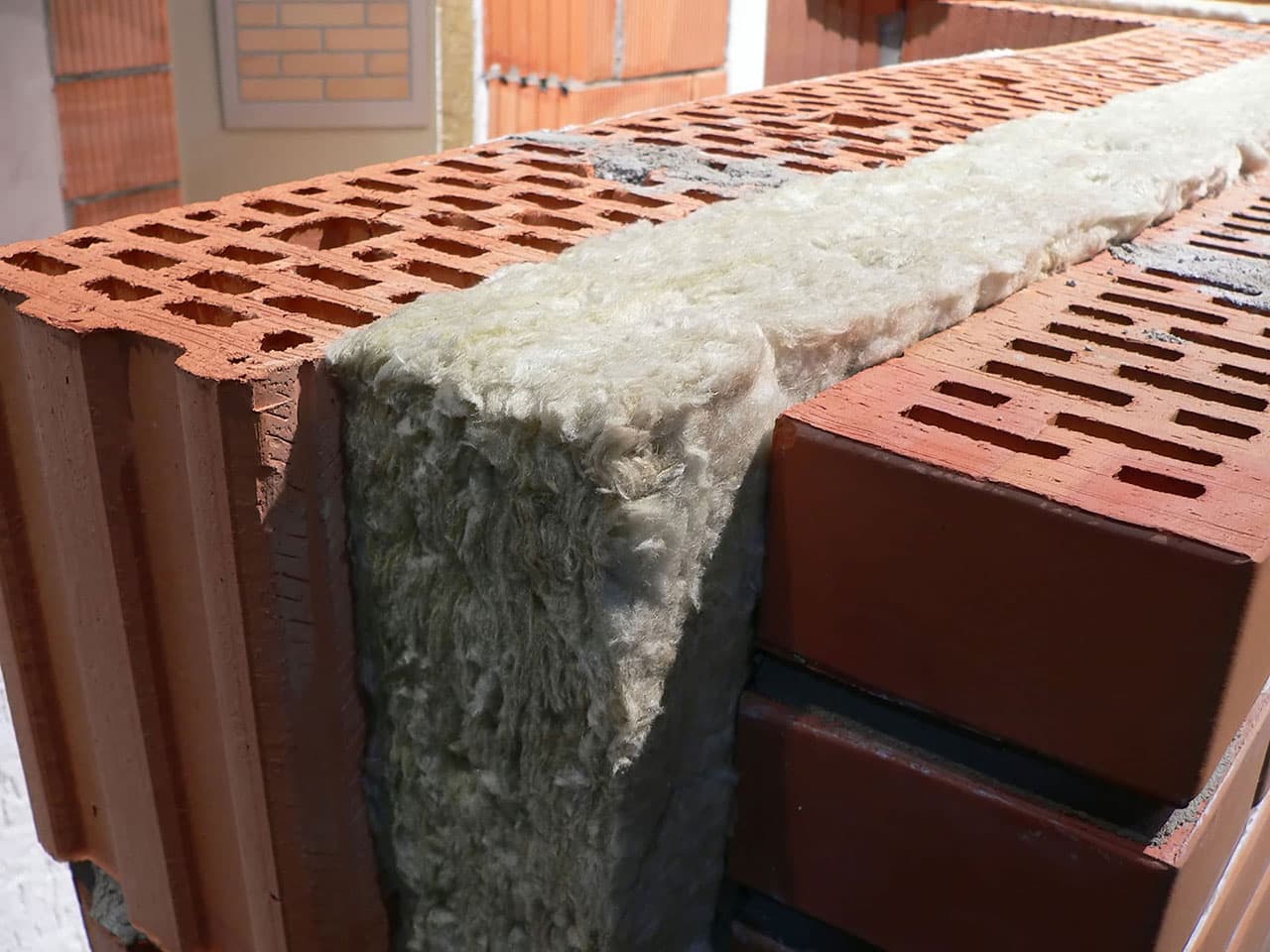
Types of Fireproof Coatings
Spray foam insulation is a modern and popular thermal protection material, but it isn’t fireproof on its own. Different spray-on fire-resistant coatings need to be applied to help it achieve a specific hourly rating. Which one must be used is determined by regulations and specific building bylaws. A professional fireproofing installer will be able to select the right coating for any application.
DC315 is a popular fire-resistant coating that can be applied over a wide range of spray foam insulation types. It has a long lifespan and can help your insulation meet fire-resistance regulations. DC315 has a long lifespan but may not help your structure meet all fire-resistance regulations if used alone. Don’t attempt to use this material yourself without consulting with a professional.
Monokote® Z-3306 and Southwest Type 7TB are two alternative fireproofing overcoats that can be used depending on job requirements. These materials have their own benefits and drawbacks which include ease of working and cost. The specific overcoat needed will change depending on whether your project is residential or commercial, and if specific fire resistance ratings are required. Contact us for a professional assessment. We can walk you through your choices and help find the best product that fits your project and budget.
Frequently Asked Questions
Proinsulate Service Areas
Our team works in Edmonton and surrounding areas including Stony Plain, Spruce Grove, St. Albert, Sherwood Park, Fort Saskatchewan, and Leduc. If you have any questions about an insulation project in your area, don’t hesitate to reach out to our team.
CITIES WE SERVE
COMMUNITIES WE SERVE
COMMUNITIES WE SERVE
COMMUNITIES WE SERVE
What our Clients Say
Similar Insulation Services
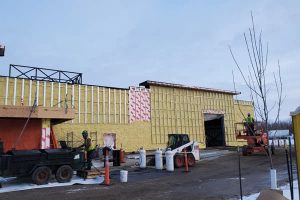

Commercial Insulation
Create a safe and effective working environment with better thermal and fireproof protections, effective moisture and vapour barriers and reduce unnecessary noise pollution









